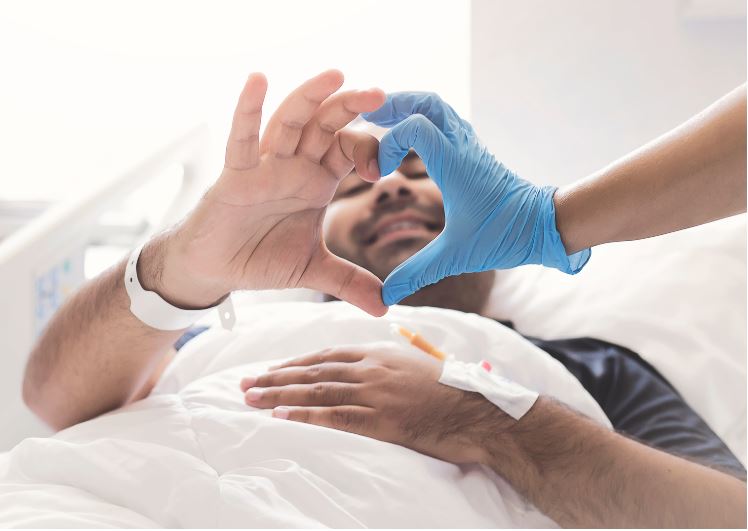Organ Donors of All Ages Help Save Lives

April 16 is National Healthcare Decisions Day. It is meant to draw attention to the importance of planning ahead for your end-of-life care. One of the end-of-life healthcare decisions we need to make is whether or not to be an organ donor.
In 2018, there were 36,528 transplants performed in the United States. Unfortunately, this wasn’t enough to keep up with demand. There are approximately 114,000 people on the national transplant waiting list and another person is added every 10 minutes. About 20 people die each day waiting for a transplant.
Many older Americans don’t sign up to be an organ donor because they feel they are too old – they feel their organs have been through too much to help anybody. Of the 9,079 deceased organ donors in 2015, only 618 (or less than seven percent) were 65 or older. But there is no age limit for organ donation. People of all ages can – and do – become organ donors. One of the oldest organ donor on record was 92 years old. He donated his liver and saved the life of a 68-year-old woman. In Scotland, a 107-year-old woman donated her corneas and saved the sight of a younger patient.
Organs donated by the elderly actually have a very good track record of helping people live longer and healthier lives. A study conducted at the University of Torino in Italy found that survival rates among patients receiving a donated kidney from and older donor were similar, whether the donors were in their 50s, 60s, 70s or 80s. Kidney transplants are by far the most commonly performed procedure, accounting for more than 50 percent of all transplants. Eighty-one percent of the people waiting for organs are waiting for a kidney. And while studies have shown that kidneys from older donors (those over 55) do not last as long as those from younger people, a study published in the Journal of the American Society of Nephrology concluded that for older patients in need of a kidney transplant, rapid transplantation from an older deceased donor provides better outcomes than delayed transplantations from a younger donor. In other words, a kidney from someone older can help extend and improve the lives of people who need a kidney transplant.
What about other organs? A study published in the Archives of Surgery found no differences in patients who received a liver transplant from donors aged 60 and older compared to those from younger donors. In cornea transplants, recipients from older donors also fare very well. A study from University of Texas Southwestern Medical Center found that cornea transplants from older donors were just as successful after five years as those from younger donors.
If organ donation is something that appeals to you, don’t let age stand in the way of participating. Your organs could save a life. To learn more, visit organdonor.gov.
![Charlesgate [logo]](https://www.charlesgate.net/wp-content/uploads/sites/218/2016/12/logo-new.png)